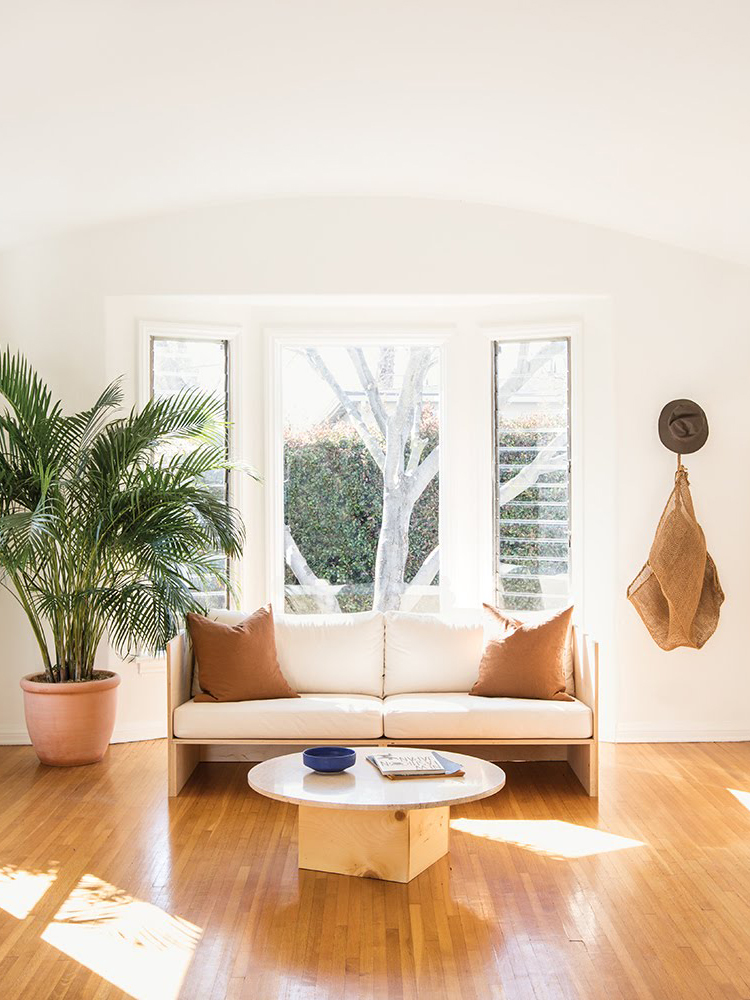We may earn revenue from the products available on this page and participate in affiliate programs.
If that pile of paperwork, unsorted laundry, and assorted junk makes you feel, tired, anxious, and overwhelmed, your mess could be causing you more trouble than you realize. Reported by The New York Times, studies show that clutter has a negative impact on mental well-being.
One 2017 study found a correlation between procrastination and clutter, as well as evidence that clutter can decrease general satisfaction, in particular, among older adults. It can also affect physical health—another study showed that those surrounded by clutter during the day experienced increased levels of the stress-causing hormone cortisol. In this case, which specifically examined married couples, women perceived more clutter and therefore more stress.
It’s important to note, as Dr. Darby Saxbe told the Times, “Clutter is in the eye of the beholder,” meaning some people might not be as bothered by a left-out umbrella or pile of dishes as other people are. What’s constant, however, is that when people perceive clutter, they feel stress, and when people procrastinate, they’re likely to build up greater amounts of clutter—making them even more stressed.
Not to worry, though. If you can control your clutter, you’ll feel better and your home will look better too. Might we suggest watching an episode of Tidying Up With Marie Kondo to get the inspiration you need?
More tidy tips:
These Cleaning Supplies Look So Nice That You’ll Actually Want to Clean
This Japanese Cleaning Tool Is Genius (and Costs Less Than $7)
